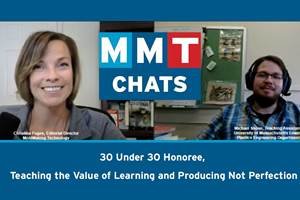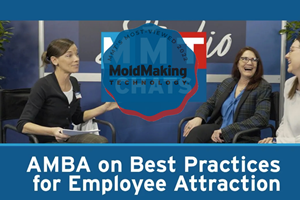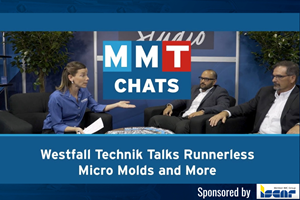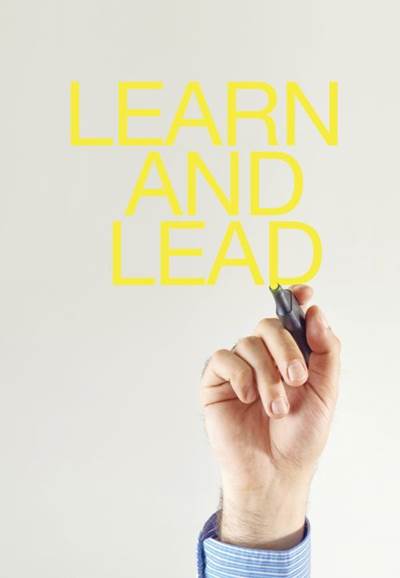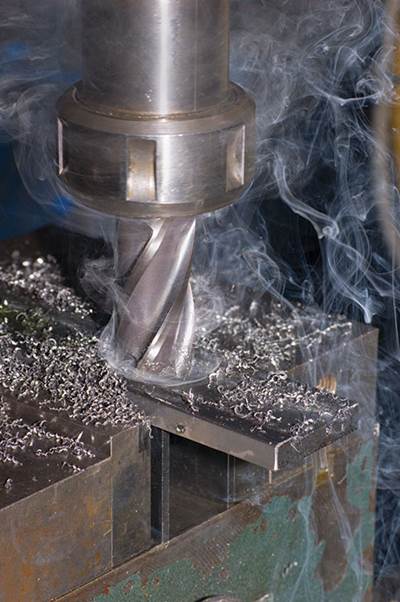The Value of a Training Needs Analysis
Finding, Training & Retaining Employees, Part 11
Training programs should be set up as processes. Just as we use a process to build plastic molds, we need to develop a step-by-step process for developing people. The first step to developing a training process is an initial training needs analysis.
A training needs analysis is essentially a gap analysis of a company’s existing means of training through which it determines what it wants its training program to look like in the future and compares it to what it is today. This reveals gaps that need to be filled and enables the company to establish a clear plan of action for filling each gap.
Let’s look at the people and processes involved in training.
People
The first group of people to consider is the trainees themselves. Who are your qualified candidates? Are they internal or external candidates? What are your criteria for beginning formalized training? How are you validating that you have the right candidates? Compare your current training plan with what you want to be doing, or at least what you should be doing.
The next group of people is the trainers. Do you have the right people conducting the training? Are they the best trainers or just the best at what they do? Have they been formally trained on how to train? Having the right people training is critically important. Many companies simply make their best machinists or moldmakers the trainers without considering the possibility that these employees may not want to train. It often makes more sense to choose someone that is still good at his job but also enjoys working with people.
Finally, one of the most important groups to consider is management. Do you have a management team that understands the value of a training program? Does it support training initiatives? Are managers willing to make adjustments to production strategies to ensure people are being trained? Hands down, middle managers are the biggest reason training programs fail. They must be educated on the value of the program and held accountable to its success.
Processes
The first step in the training process that needs to be analyzed is onboarding and orientation. This is a critically important step in laying out the expectations for the trainee. Many companies do not have an onboarding and orientation process. This causes a significant amount of confusion regarding who is doing what and where the training is supposed to take the trainee.
Next is the actual development process. How are you taking people from entry level to expert level? This is oftentimes referred to as identification of career paths. Most companies have multiple advanced careers within their organizations: CNC machinist, moldmaker, designer, engineer, etc. How are you currently moving your inexperienced people into one of these roles? There should be a clear roadmap. This is nothing more than a process of development. Do you have a step-by-step process that the trainee can follow that matches the goals of the company and of the trainee?
In the next part of this series, we will examine training resources as well as possible constraints to performing a training needs analysis.
Related Content
ICYMI, MMT Chats: 30 Under 30 Honoree, Plastics Engineering TA Teaches Value of Learning and Producing Not Perfection
MoldMaking Technology Editorial Director Christina Fuges brings on UMass Lowell Plastics Engineering Teaching Assistant Michael Shone as a guest for this MMT Chat to discuss moldmaking through the lens of academia. This episode is brought to you by ISCAR with New Ideas for Machining Intelligently.
Read MoreMMT Chats: American Mold Builders Association on Best Practices for Employee Attraction and Hiring
MoldMaking Technology Editorial Director Christina Fuges sits down with AMBA’s Managing Director Kym Conis and the Director of Strategic Execution Rachael Pfenninger to discuss its Employee Attraction and Hiring Playbook and the Workforce Development Task Force. This episode is brought to you by ISCAR with New Ideas for Machining Intelligently.
Read MoreFree Injection Molding Training, Hands-On Demonstrations
Visit RJG’s booth at the K Show to watch training segments from its trainers worldwide, receive hands-on demos of the CoPilot system and view the power of The Hub networking system.
Read MoreMMT Chats: Westfall Technik Talks Runnerless Micro Molds and More
Westfall Technik sits down with MMT Editorial Director Christina Fuges to discuss their new micro hot runner technology, the closeness of the moldmaking community and the importance of integration. This episode is brought to you by ISCAR with New Ideas for Machining Intelligently.
Read MoreRead Next
Benefits of a Learner-Centered Educational Philosophy
Finding, Training & Retaining Employees, Part 10
Read MoreBenefits of a Learner-Centered Educational Philosophy
Finding, Training & Retaining Employees, Part 10
Read MoreMore Related Technical Instruction Justification
Finding, Training & Retaining Employees, Part 8
Read More

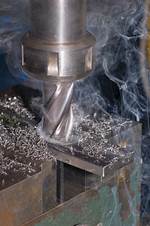











.jpg;maxWidth=300;quality=90)


_300x250 4.png;maxWidth=300;quality=90)
